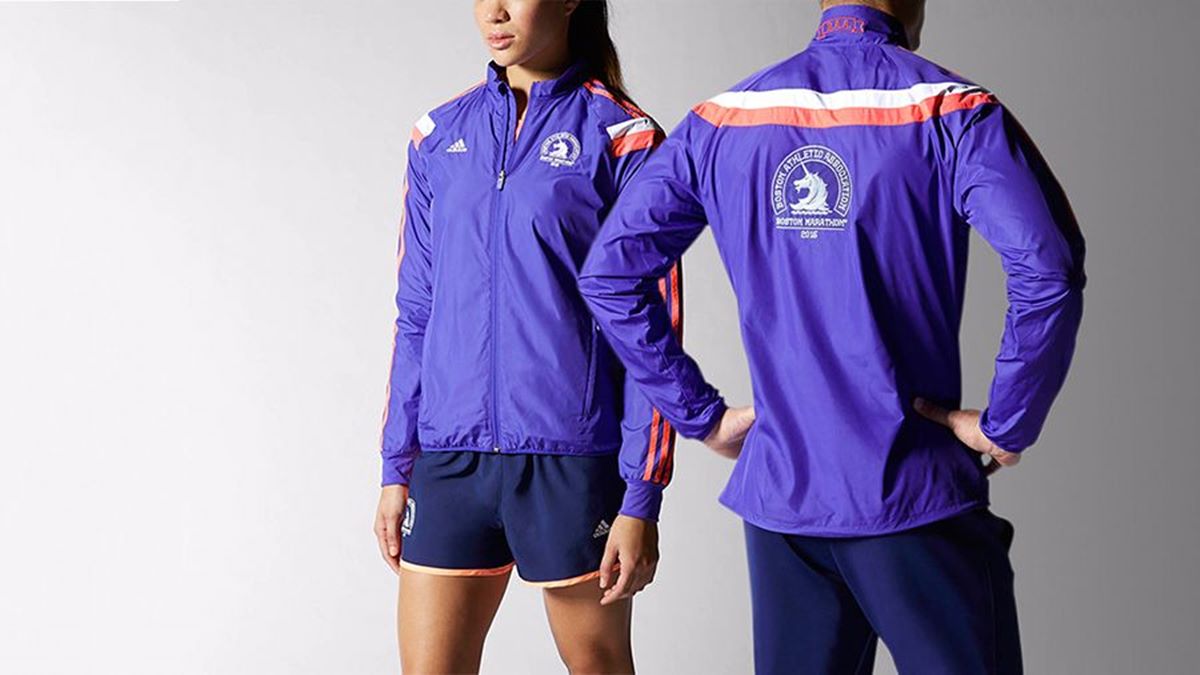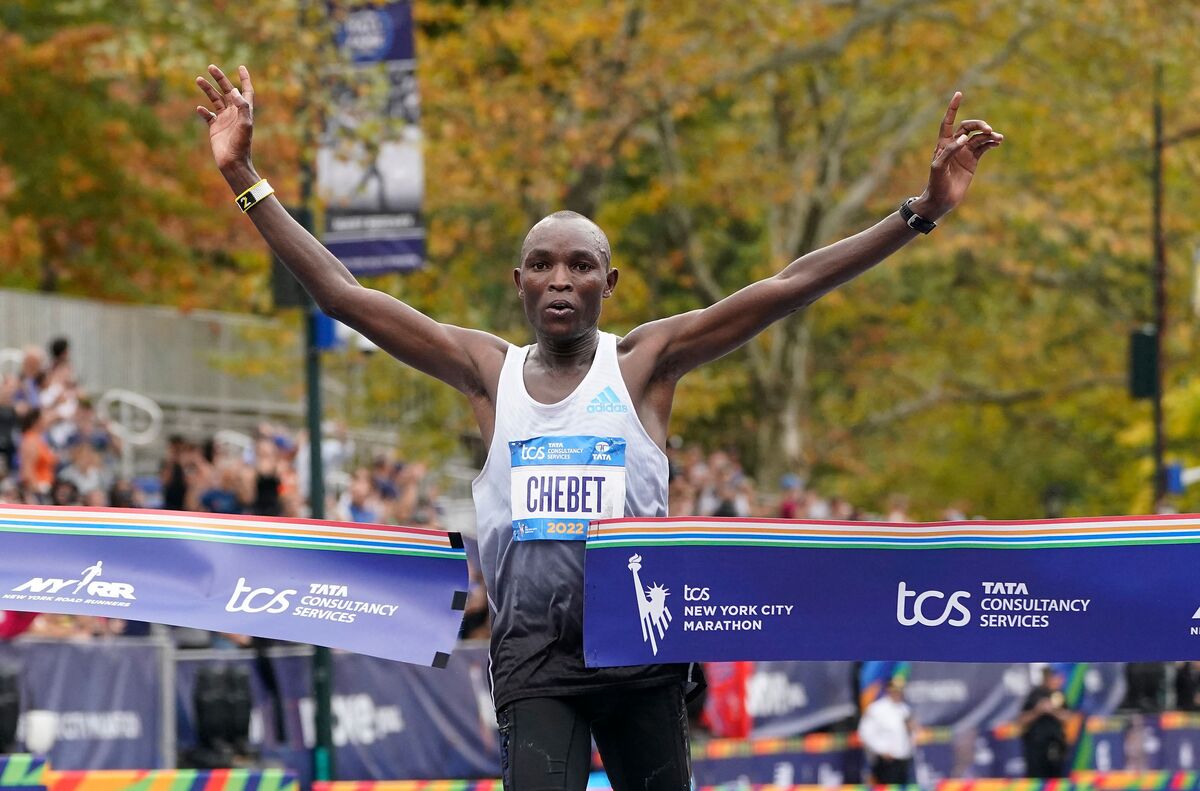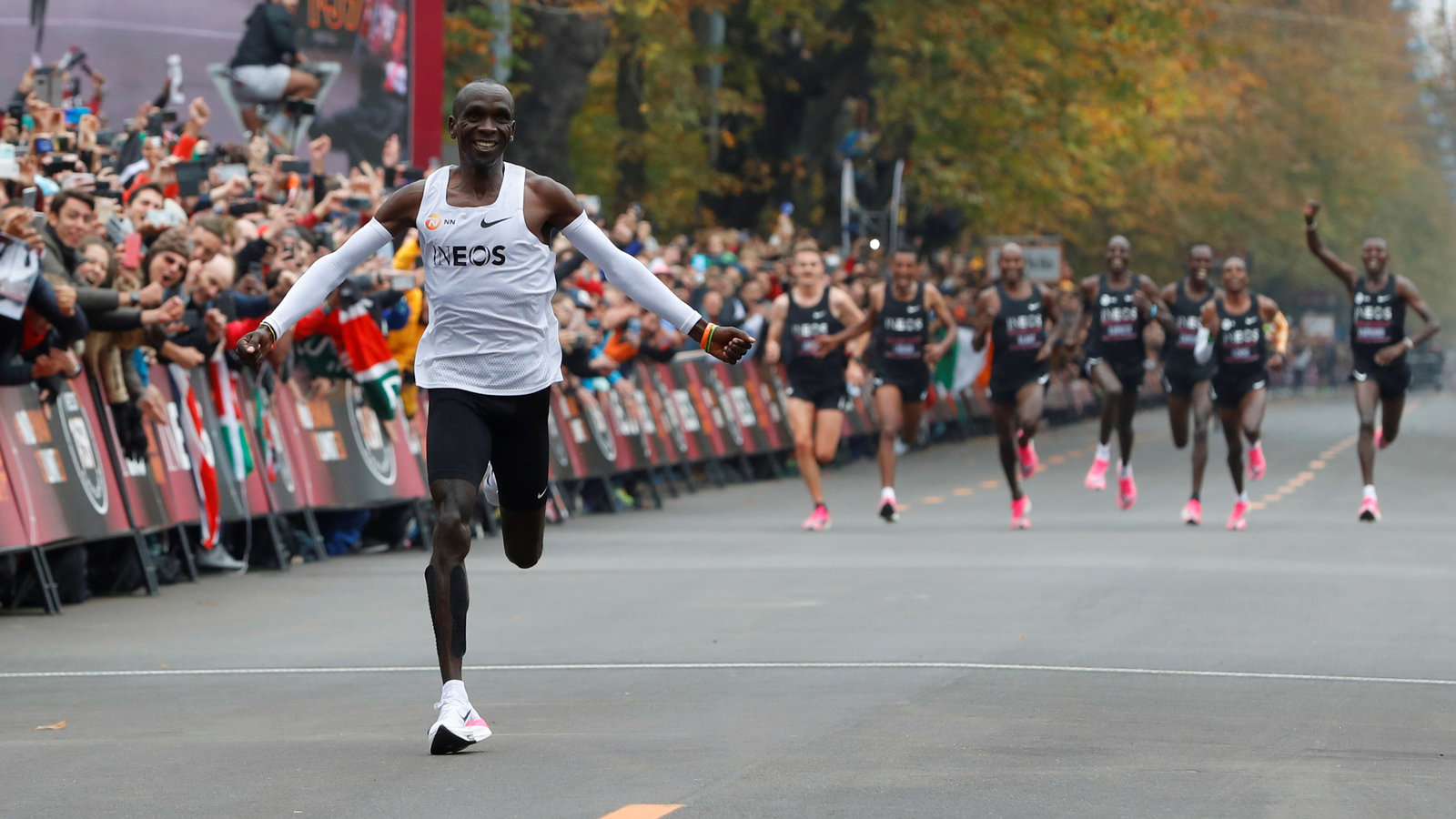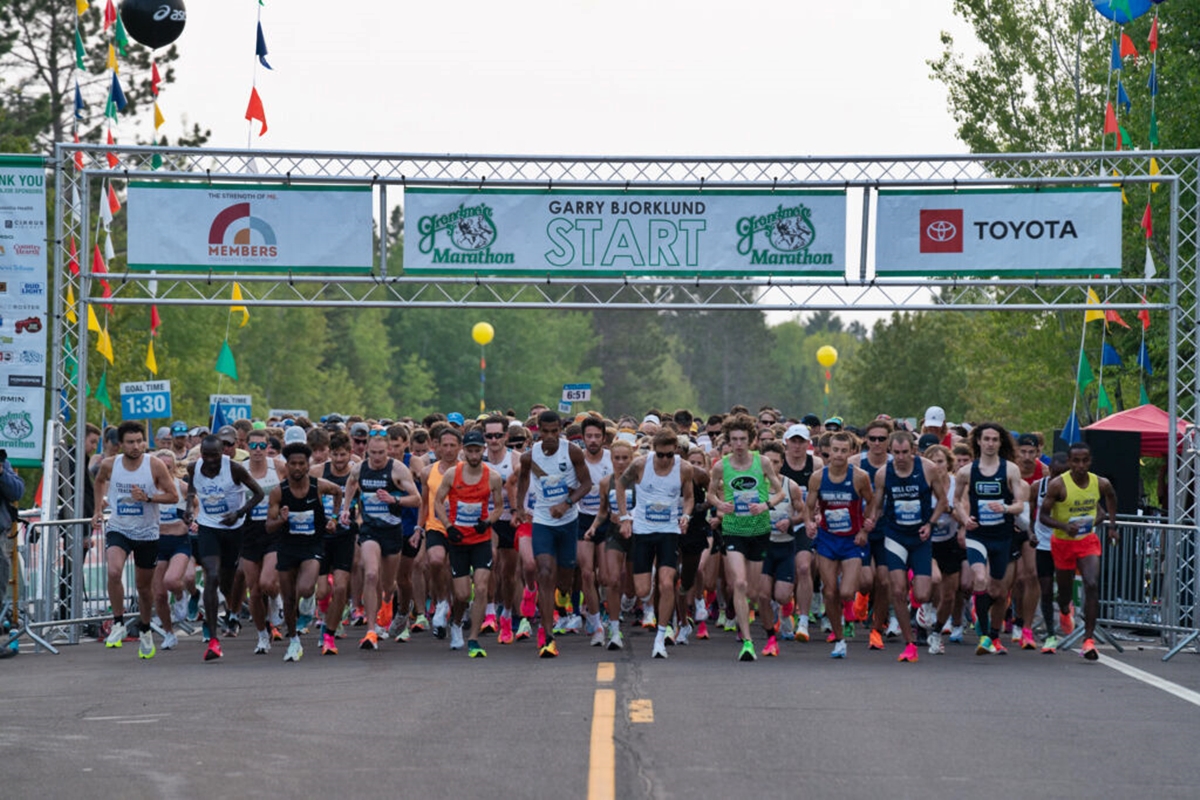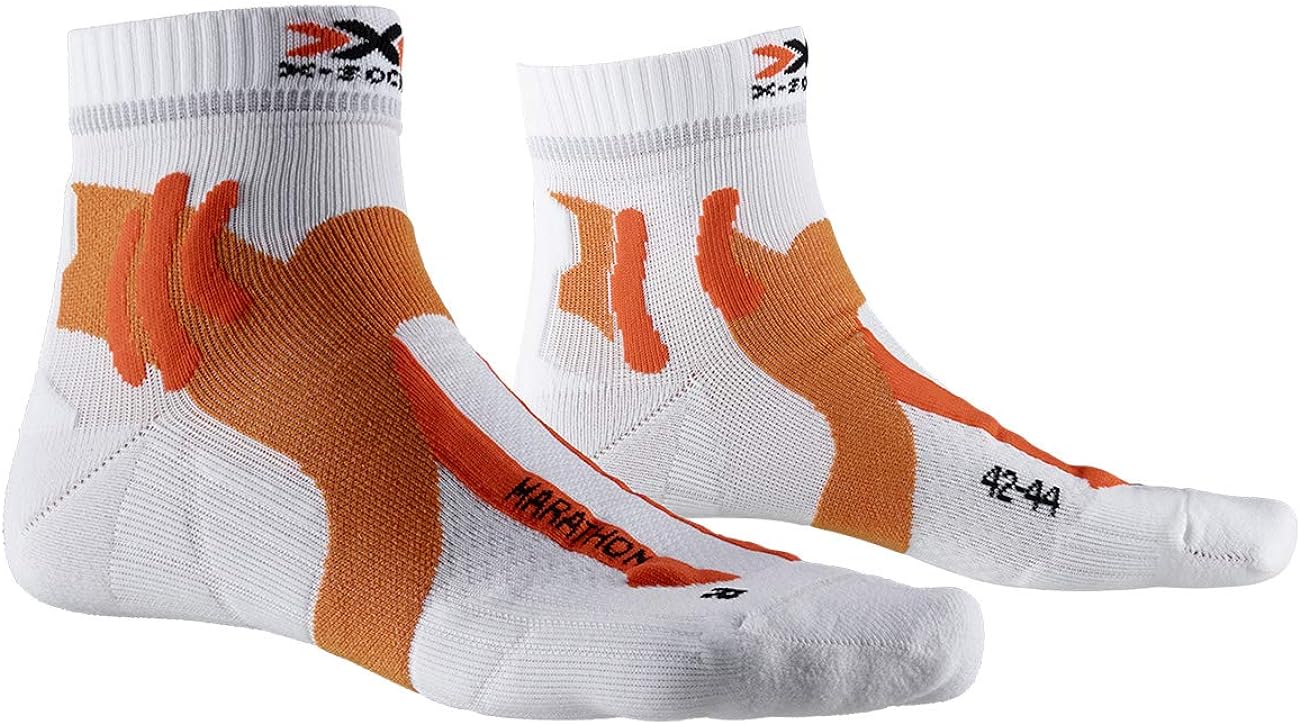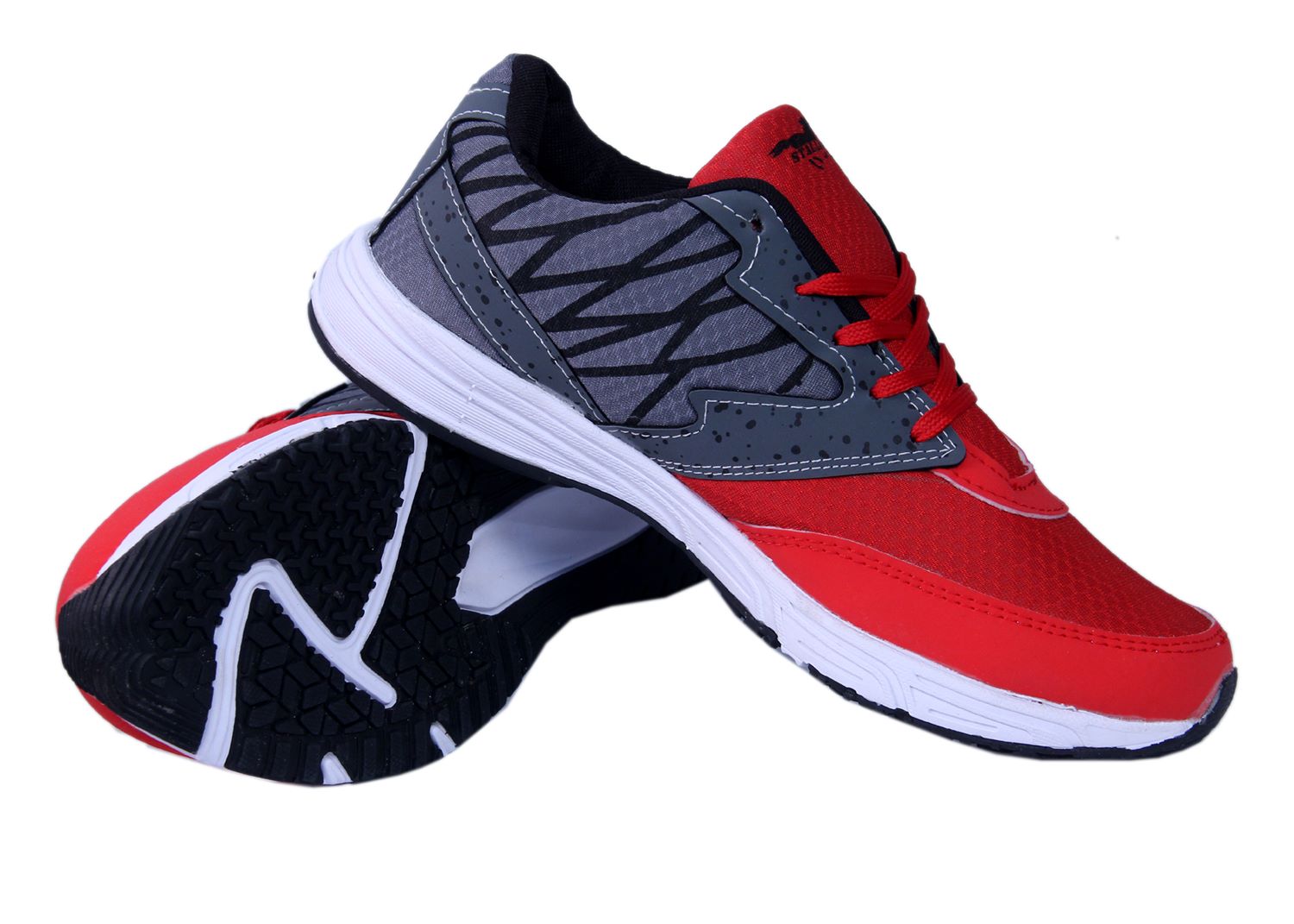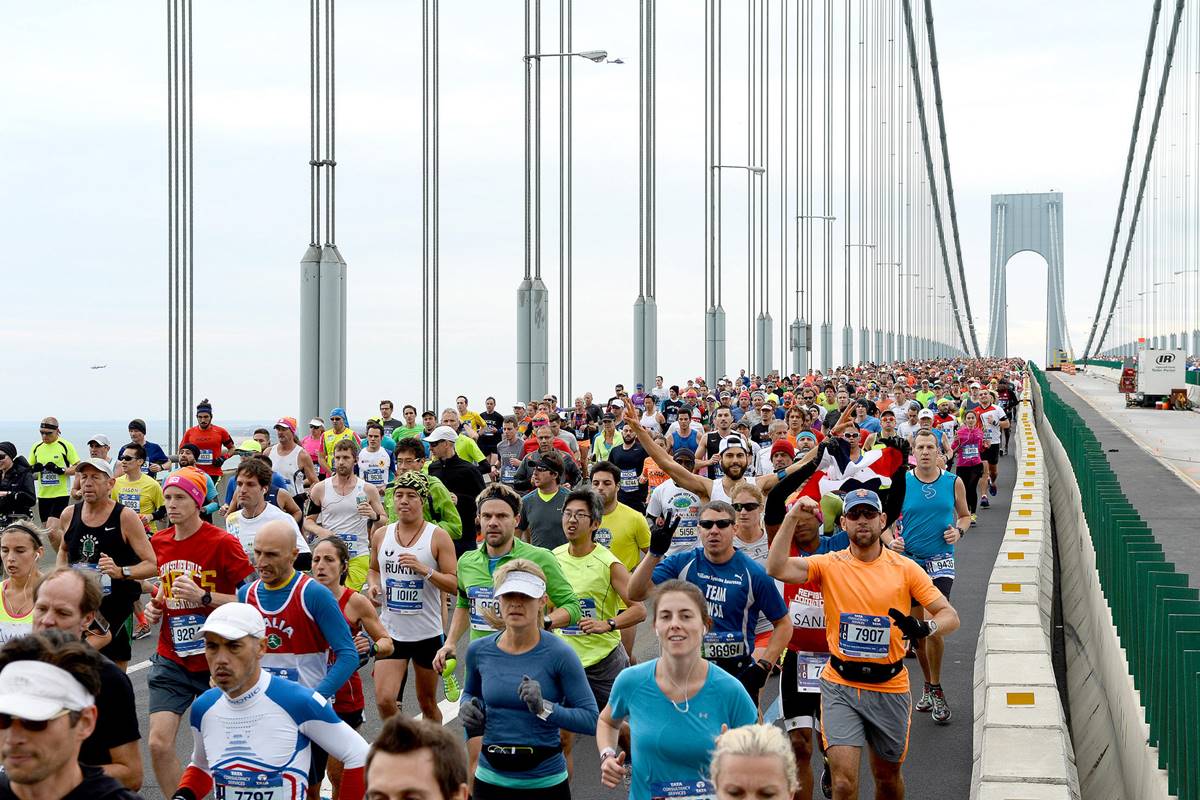Home>Misc>Featured>Men Who Helped Women In Half Marathon In Philadelphia
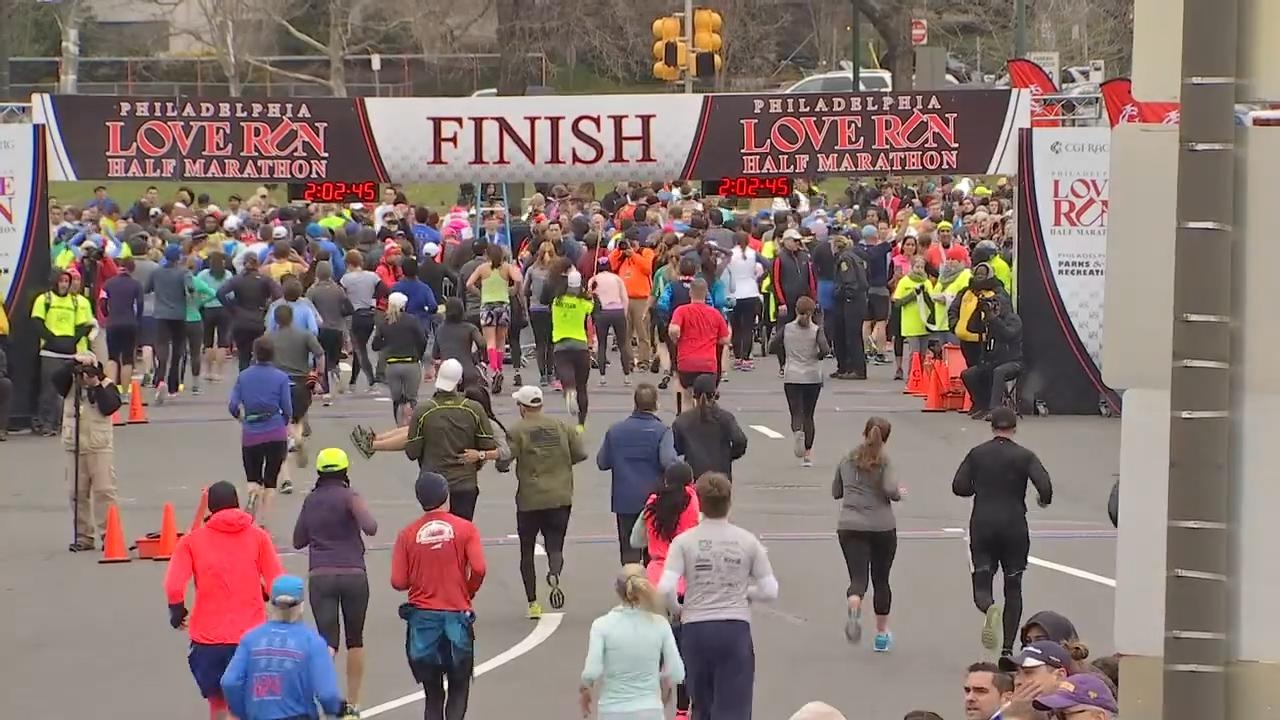

Featured
Men Who Helped Women In Half Marathon In Philadelphia
Published: August 29, 2023
"Featured: Witness the incredible support of these men who helped women during the half marathon in Philadelphia. Experience inspiring moments of camaraderie and encouragement on the course."
Introduction
The half marathon in Philadelphia is an annual event that brings together individuals from all walks of life to celebrate the spirit of running and endurance. In recent years, there has been a notable shift in the demographics of participants, with an increasing number of women taking part in this thrilling race. While women have made significant strides in the world of sports, it is important to acknowledge the essential role that men have played in supporting and empowering them to achieve their full potential.
Historically, sports have been predominantly male-dominated, with women often facing barriers and limited opportunities. However, thanks to the efforts of trailblazers and the changing societal norms, women now have the chance to compete and excel in various sports disciplines, including marathons. Men have played a pivotal role in breaking down barriers, encouraging women’s participation, and providing support both on and off the field.
Men’s involvement in women’s sports goes beyond just being spectators; they have become active enablers of women’s success. In the half marathon in Philadelphia, there have been numerous instances where men have stepped up to assist women during the race, whether it’s through emotional support, physical aid, or strategic guidance. Their actions have not only demonstrated camaraderie but have also showcased the power of collaboration and inclusion in the sports community.
This article will delve into the stories of men who have gone above and beyond to help women in the half marathon in Philadelphia. Through their acts of kindness, these men have become catalysts for positive change, breaking down gender barriers and providing a platform for women to shine in the world of sports. We will explore the impact of their assistance on the performance of women and the profound ripple effect it has had on inspiring others to join in supporting female athletes.
Background of the Half Marathon in Philadelphia
The half marathon in Philadelphia is a renowned annual race that has gained popularity over the years. Organized by a dedicated team of volunteers and supported by the local community, this race has become a symbol of resilience, determination, and unity. The course winds through the scenic streets of Philadelphia, showcasing the city’s rich history and vibrant spirit.
Originally established to promote health and fitness, the half marathon has evolved into a significant sporting event that attracts participants from around the world. Runners of all ages and abilities come together to push their limits, overcome challenges, and forge unforgettable memories.
The race not only provides an opportunity for individual accomplishment but also fosters a sense of community and camaraderie among participants. Spectators line the streets, cheering on the runners, offering words of encouragement, and creating an electrifying atmosphere. The half marathon in Philadelphia has become a beloved tradition that unites people from different backgrounds in a common pursuit of achieving their goals.
Over the years, the half marathon has witnessed a remarkable increase in female participation. Women from every corner of the globe have embraced the challenge, proving their mettle and redefining the boundaries of what is possible. This surge in women’s participation is a testament to the growing recognition of the importance of inclusivity and equal opportunities in sports.
The half marathon in Philadelphia serves as a platform for women to showcase their abilities, determination, and perseverance. It provides an opportunity for female runners to prove that they are just as capable, if not more, of conquering physical and mental challenges. With each step, women are breaking stereotypes, shattering glass ceilings, and inspiring generations to come.
While the half marathon offers a level playing field for all participants, there is no denying the significance of the support system that surrounds each runner. This is where the role of men in women’s sports becomes evident. Many men have recognized the value of providing assistance and encouragement to female runners, understanding the positive influence it can have on their performance and overall experience. Their presence and participation in the race elevate the sense of unity and solidarity among athletes of all genders.
Importance of Men’s Involvement in Women’s Sports
The involvement of men in women’s sports is crucial for creating a more inclusive, supportive, and equitable athletic environment. Men have a significant influence on the success and visibility of women in sports, and their participation helps bridge the gender gap that has existed for far too long.
First and foremost, men’s involvement in women’s sports helps break down stereotypes and challenges societal norms. By supporting and participating in women’s events, men demonstrate that athletics is not confined to a specific gender. This promotes a shift in perception and encourages more women to pursue sports, knowing that they will have the support and acceptance of their male counterparts.
Furthermore, men’s participation in women’s sports helps to increase visibility and media coverage. When men show interest in women’s sports, it attracts more attention from the media and sponsors, leading to increased recognition and opportunities for female athletes. This broader exposure not only benefits individual athletes but also inspires young girls to dream big and believe in their own potential.
Men’s involvement also brings diverse perspectives and experiences to the table. By participating in women’s sports, men gain a deeper understanding of the challenges and barriers faced by female athletes. This empathy and awareness can lead to increased advocacy for gender equality in sports, further driving change and creating more opportunities for women.
Furthermore, men who actively support and encourage women in sports become powerful allies in the fight against discrimination and inequality. Their voices carry weight and influence within the sports community, and they can use their platform to advocate for equal pay, sponsorship opportunities, and overall recognition for women in sports.
Lastly, men’s involvement in women’s sports helps foster a sense of camaraderie and teamwork among athletes of all genders. By working together as equals, men and women can uplift and empower each other, inspiring a collaborative atmosphere that celebrates the achievements of all athletes.
Overall, men have a vital role to play in supporting and championing women in sports. Their involvement helps to dismantle gender stereotypes, increase visibility, promote inclusivity, and drive meaningful change. As men continue to actively participate and show support in women’s sports, we move closer to a future where gender does not limit an athlete’s potential and where equal opportunities are accessible to all.
Profiles of Men Who Helped Women in the Half Marathon
The half marathon in Philadelphia has witnessed numerous instances where men went out of their way to assist women during the race. These men demonstrated exceptional acts of kindness, embodying the true spirit of sportsmanship and solidarity. Let’s take a closer look at some of their inspiring profiles:
1. John Anderson: As an experienced marathon runner, John recognized the struggles faced by female participants, particularly in the challenging stages of the race. He took it upon himself to form a support group specifically for women runners. John and his group would position themselves strategically along the course, offering water, motivation, and crucial emotional support to female runners who needed a boost. Many women credit John and his team for helping them cross the finish line and achieve personal bests.
2. David Martinez: David, a professional physical therapist, volunteered his services during the half marathon to provide immediate assistance to any female runner experiencing discomfort or injuries. He set up a makeshift aid station equipped with medical supplies and utilized his expertise to offer on-the-spot treatment. David’s dedication and quick response helped numerous women overcome minor injuries and continue their race, ensuring they could finish without further complications.
3. Mark Johnson: Mark, a seasoned runner and coach, decided to dedicate his time and expertise to mentor female participants in the half marathon. He organized special training sessions exclusively for women, focusing on building endurance, improving running techniques, and boosting their confidence. Mark’s guidance and support enabled many female runners to surpass their own expectations and achieve personal milestones during the race.
4. Ryan Thompson: Ryan, a local resident and avid supporter of women in sports, made it his mission to cheer on female runners during the half marathon. He stood at a prominent spot along the race route, equipped with signs, noise-makers, and enthusiastic cheers. Ryan’s infectious energy and unwavering support uplifted the spirits of countless women as they powered through challenging moments in the race, reminding them of their strength and determination.
These are just a few examples of the countless men who have selflessly volunteered their time and resources to help women in the half marathon. Their dedication and compassion have made a significant impact on the experiences and achievements of female participants. These men exemplify the power of allyship and serve as role models for future generations.
Stories of Women Benefited from Men’s Support
The stories of women who have directly benefited from the support of men in the half marathon in Philadelphia are both heartwarming and inspiring. Their experiences showcase the transformative impact that male assistance can have on a runner’s journey. Here are a few remarkable stories:
Sarah’s encounter with John: Sarah, a first-time participant in the half marathon, was struggling with exhaustion and self-doubt halfway through the race. John, a seasoned runner and supporter of women athletes, noticed her struggles and offered a few encouraging words. His words of motivation fueled Sarah’s determination, pushing her to keep moving forward. John ran alongside her for the next mile, providing unwavering support and reminding her of her strength. With his guidance, Sarah recovered her momentum and crossed the finish line, overwhelmed with a sense of accomplishment she never thought possible.
Emma’s experience with David: Emma, an experienced runner, unfortunately twisted her ankle during the half marathon. She was devastated, fearing she would have to drop out of the race. That’s when David, a volunteer physical therapist, quickly came to her aid. He assessed her injury, provided immediate treatment, and taped her ankle for support. With David’s assistance and reassurance, Emma felt a renewed sense of hope and determination. She was able to continue the race, adapting her pace to accommodate her injury, and successfully completed the event. Emma credits David’s expertise and care for allowing her to overcome adversity and achieve her goal.
Amy’s journey with Mark: Amy had been training for months leading up to the half marathon, but on race day, she found herself struggling with fatigue and doubt. However, she happened to meet Mark, a running coach dedicated to assisting women runners. Mark recognized Amy’s talent and potential, and he decided to run alongside her throughout the race. He provided guidance on pacing, encouraged her when she felt discouraged, and motivated her to dig deep and push through moments of fatigue. With Mark’s unwavering support, Amy not only completed the half marathon but also achieved a personal record time. She attributes her success to Mark’s belief in her abilities and constant encouragement.
Lisa’s inspiration from Ryan: Lisa, a determined runner, was experiencing a mental block halfway through the half marathon. Doubts crept into her mind, and she considered giving up. That’s when she encountered Ryan, a passionate supporter of women in sports. Ryan, armed with impactful signs and enthusiastic cheers, lifted Lisa’s spirits. His infectious energy ignited a fire within her and reminded her of why she loved running. With renewed motivation, Lisa pressed on, crossing the finish line with a smile on her face. She thanks Ryan for being her beacon of positivity and inspiration during the race.
These stories highlight the tremendous impact that men’s support and encouragement can have on women runners. From providing physical aid and expertise to offering emotional support and motivation, men have been instrumental in creating an inclusive and empowering environment within the half marathon. These stories serve as a powerful reminder that when men and women come together to support one another, incredible achievements are made possible.
Impact of Men’s Assistance on Women’s Performance
The assistance provided by men in the half marathon in Philadelphia has had a profound impact on the performance of women runners. Their support, whether it be physical, emotional, or strategic, has contributed to significant improvements in their overall experience and achievements. Let’s explore the various ways that men’s assistance has positively influenced women’s performance:
1. Boosting Confidence: Men’s encouragement and belief in the abilities of women runners have played a vital role in boosting their confidence. Knowing that they have the support and validation from their male counterparts instills a renewed sense of self-assurance and empowers them to push beyond their limits. This increased confidence translates into better focus, determination, and ultimately, improved performance on the racecourse.
2. Providing Practical Guidance: Men who possess expertise in running and athletics have shared their knowledge and provided practical guidance to women participants. Whether it’s advice on pacing, running techniques, or overcoming specific challenges, this guidance has allowed women runners to optimize their performance. By incorporating strategic advice from experienced male runners, women have been able to achieve better race strategies, resulting in improved speed, endurance, and overall race outcomes.
3. Offering Emotional Support: Men’s emotional support has been a significant factor in overcoming mental hurdles during the half marathon. The inherent camaraderie and encouragement provided by male supporters have helped women overcome moments of doubt, fatigue, and pain. This emotional support has provided a crucial boost to their mental resilience and enabled them to overcome obstacles, allowing them to perform at their best, both physically and mentally.
4. Facilitating Physical Assistance: Men who have offered physical assistance, such as hydration, first aid, or pacing, have had a tangible impact on women’s performance. These acts of assistance have allowed female runners to stay hydrated and energized, recover from minor setbacks, and maintain a steady pace throughout the race. The availability of such support has given women the confidence and peace of mind to focus solely on their performance without worrying about logistical or physical challenges.
5. Inspiring and Motivating: Men’s involvement and active support serve as a powerful source of inspiration and motivation for women participants. Seeing men genuinely invested in their success and willing to go the extra mile has sparked a sense of dedication and determination among female runners. This inspiration transcends the race itself and continues to motivate women to train harder, dream bigger, and strive for excellence in all aspects of their lives.
The impact of men’s assistance goes beyond the individual achievements of women runners; it has a ripple effect on the entire running community. It sets a precedent for inclusivity and equal support, paving the way for future generations of female runners to thrive and excel in sports. By recognizing the crucial role of men in women’s sports, we create an environment that fosters collaboration, empathy, and a shared sense of achievement for all participants.
Conclusion
The involvement of men in women’s sports, particularly in events like the half marathon in Philadelphia, holds immense significance. Men who offer their support, encouragement, and assistance to women runners profoundly impact their experience and performance. By breaking down gender barriers and promoting inclusivity, these men contribute to creating a more equitable and empowering sports community.
Through the profiles highlighted and the stories shared, it is evident that men’s involvement in the half marathon has made a tangible difference in the lives of female participants. Their acts of kindness, whether it’s offering strategic guidance, emotional support, or physical aid, have helped women overcome obstacles and achieve personal milestones. The impact extends far beyond the race itself, inspiring a new generation of female athletes to pursue their passions fearlessly.
Men’s involvement in women’s sports is not only beneficial for individual athletes but also for the community as a whole. It fosters unity, breaks stereotypes, and promotes collaboration, demonstrating that sports transcend gender boundaries. When men actively participate and support women in sports, it creates a more inclusive and diverse environment that benefits everyone involved.
As we recognize the importance of men’s assistance in women’s sports, let us continue to celebrate the achievements of female athletes and encourage the support and involvement of men at all levels. By working together, we can realize a future where gender barriers diminish, equal opportunities abound, and women continue to shine in the half marathon and beyond.
